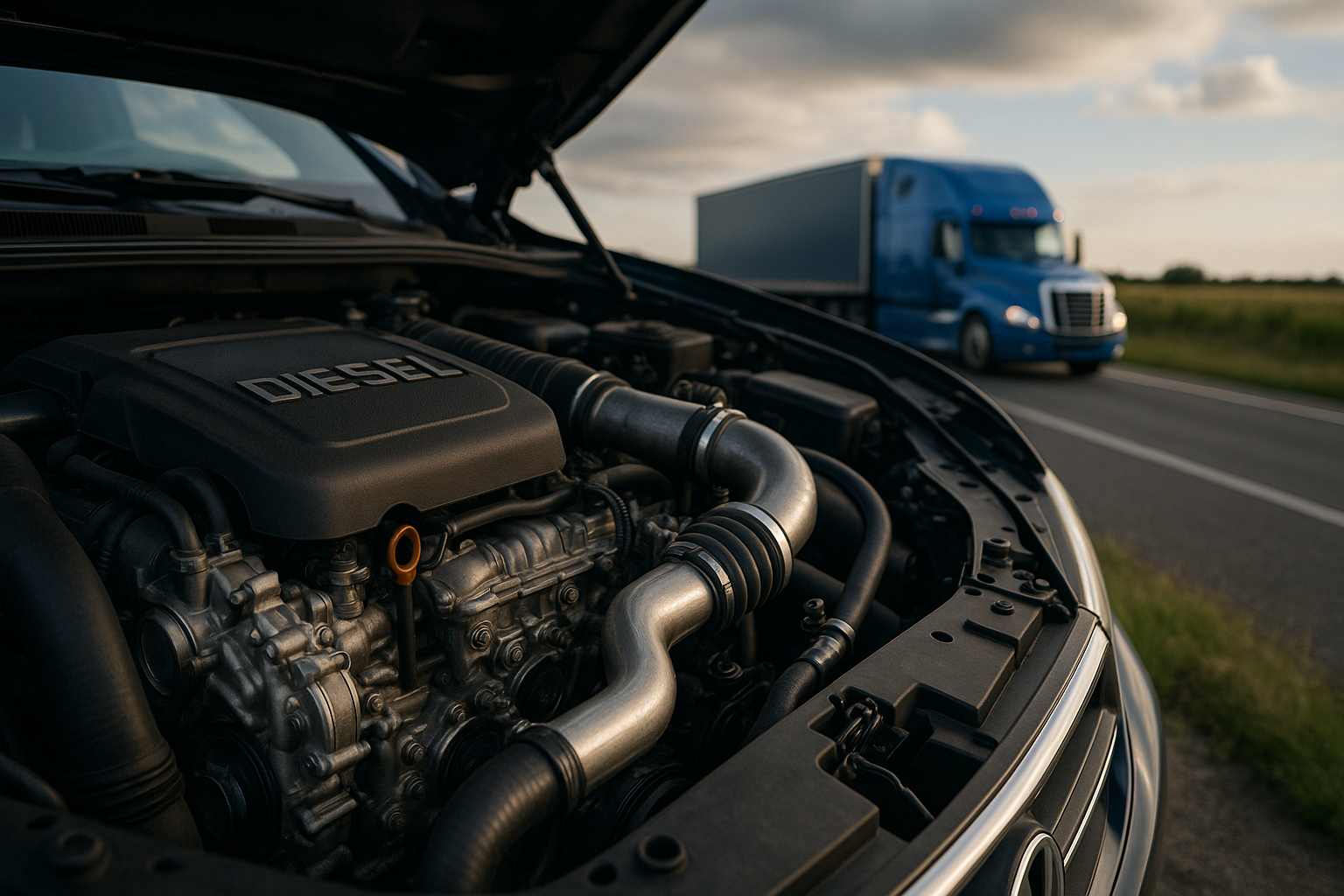Shifting Gears: The Resurgence of the Diesel Engine in Modern Motoring
Introduction: Many believed the diesel engine was on the brink of extinction, but recent trends suggest that this robust powertrain is making an unexpected comeback. How is this possible in a world leaning towards cleaner, greener mobility solutions? Let's delve into the fascinating journey of diesel engines, their evolution, and their significant impact on today's automotive industry.

The Rise, Fall, and Rebirth of Diesel Engines
The diesel engine was born from the inventive mind of Rudolf Diesel in the late 19th century. Its superior fuel efficiency and robustness made it a staple choice for commercial and industrial applications. However, the advent of stricter emission norms and the emergence of cleaner energy alternatives in the 21st century pushed the diesel engine to the brink of obsolescence.
Fast forward to today, and we are witnessing a resurgence of diesel engines. Thanks to advanced engineering techniques and superior emission control technologies, diesel engines are now cleaner, quieter, and more efficient than ever before.
Modern Diesel Technologies: Cleaner and Greener
The modern diesel engine is a marvel of engineering, incorporating innovations such as common-rail direct fuel injection, advanced turbocharging, and exhaust gas recirculation. These technologies have drastically reduced emission levels and improved fuel efficiency, making diesel engines compliant with stringent emission norms worldwide.
Moreover, the development of bio-diesel and synthetic diesel fuels has further contributed to the green credentials of diesel engines, reducing their carbon footprint significantly.
The Diesel Engine in Today’s Auto Landscape
Despite the momentum towards electrification, the diesel engine still holds a significant market share in the global automotive industry, particularly in commercial vehicles and off-road applications where its high torque and durability are highly appreciated.
Some automakers have also reintroduced diesel variants in their passenger car line-up, targeting customers who prioritize fuel economy and long-term reliability.
The Implications of Diesel’s Comeback
The resurgence of diesel engines poses a unique challenge for policymakers and environmentalists. On one hand, the improved efficiency and lower CO2 emissions of modern diesel engines can contribute to reducing overall transport emissions. On the other hand, the continued reliance on fossil fuels is at odds with global efforts towards a zero-emission future.
The key lies in finding a balance, perhaps by incentivizing the use of bio-diesel or synthetic diesel fuels, or by integrating diesel engines into hybrid powertrain configurations.
Looking Ahead: The Future of Diesel Engines
The future of diesel engines is far from certain. While they have made a remarkable comeback, the impending push towards electrification and hydrogen fuel cell technologies could again disrupt their position.
However, it is clear that the diesel engine, with its robustness and efficiency, will not disappear overnight. Instead, it may continue to evolve and adapt, just as it has done over the past century, to meet the ever-changing demands of the automotive industry.
In conclusion, the diesel engine’s story is a testament to the resilience and adaptability of automotive technology. As we stand at the cusp of a new era in motoring, it’s fascinating to ponder what other surprises the industry holds for us.




